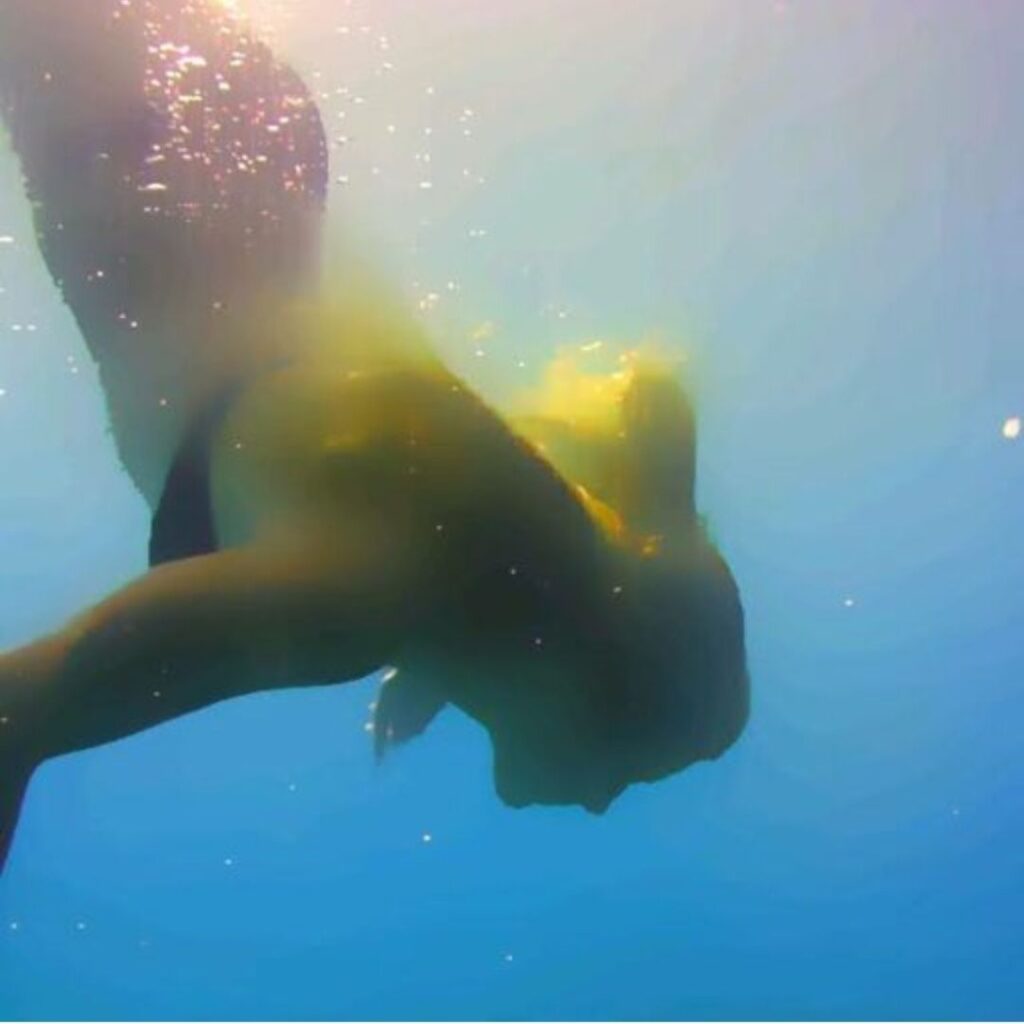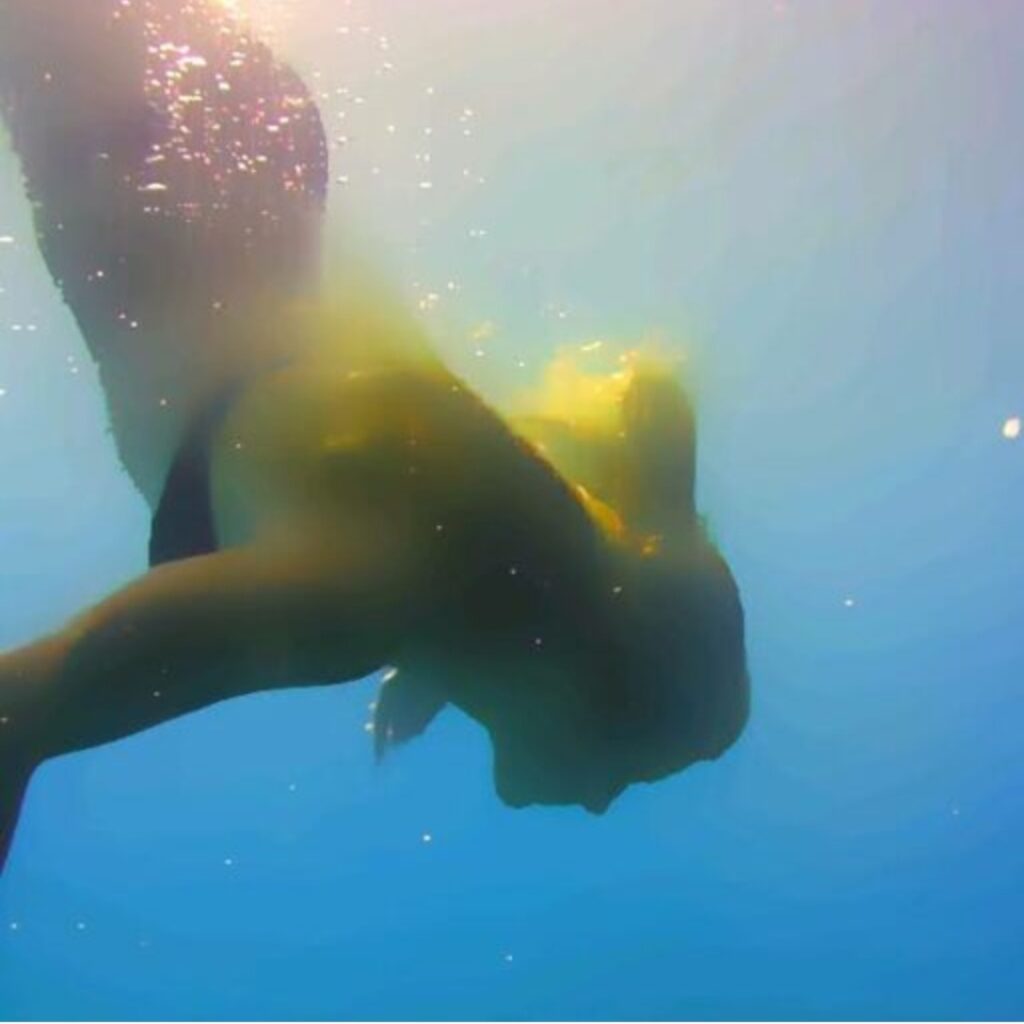How does Aquawareness integrate mindfulness with aquatic activities

Aquawareness is a unique approach that integrates mindfulness with aquatic activities, transforming the experience of being in water into a meditative practice. This concept emphasizes the deep connection between individuals and water, promoting self-awareness and mental clarity through mindful engagement.
Key Aspects of Aquawareness
- Mindfulness in Movement: Aquawareness encourages participants to focus on their breathing, body movements, and sensations while in the water. This attentiveness helps transform swimming into a meditative experience, enhancing relaxation and reducing stress. By being present in the moment, individuals can explore their aquatic environment more effectively, leading to improved swimming skills and confidence[1][3].
- Sensory Engagement: Unlike traditional meditation, which often emphasizes stillness and introspection, Aquawareness promotes active engagement with the environment. Participants experience the fluidity of water, allowing them to reconnect with their bodies and rediscover movement patterns that evoke forgotten sensations. This sensory experience fosters a greater understanding of one’s physical presence in the water[2][4].
- Philosophical Foundations: Aquawareness views water as a primal element that symbolizes consciousness and life itself. By immersing themselves in water, individuals can explore their corporeality anew and engage in a form of meditation that nourishes both body and mind. This approach encourages a holistic understanding of one’s relationship with water, integrating physical activity with mental awareness[2][3].
- Personalized Learning: The practice emphasizes intuitive learning through self-guided exploration rather than rigid techniques. Participants are encouraged to adapt their movements based on their unique experiences in the water, fostering creativity and deeper engagement. This personalized approach enhances confidence and allows for a more profound connection with the aquatic environment[1][2].
In summary, Aquawareness effectively combines mindfulness with aquatic activities by promoting sensory engagement, self-awareness, and personal growth. It transforms traditional swimming into a meditative practice that enhances both physical skills and mental clarity, encouraging individuals to develop a deeper understanding of their relationship with water.
[1] https://www.fuorimag.it/category/aquawareness/?print=pdf-searc
[2] https://www.fuorimag.it/aquawareness-a-fascinating-concept-that-combines-water-and-mindfulness-to-enhance-both-physical-and-mental-awareness/
[3] https://www.fuorimag.it/category/aquawareness/?print=pdf-search
[4] https://lifearchitekture.com/blogs/mindfulness/mindfulness-water
[5] https://www.aquawareness.net/aquawareness/
[6] https://www.aquawareness.net/bibliography/
[7] https://www.academia.edu/126728209/Aquawareness_key_principles
[8] https://newburgh.hvswim.com/blog/the-zen-of-swimming-finding-peace-and-mindfulness-in-the-water
[9] https://www.ommagazine.com/beginners-guide-to-aqua-yoga/
[10] https://aquafitnessonline.com/articles/fluid-focus-the-power-of-masme/?v=322b26af01d5


